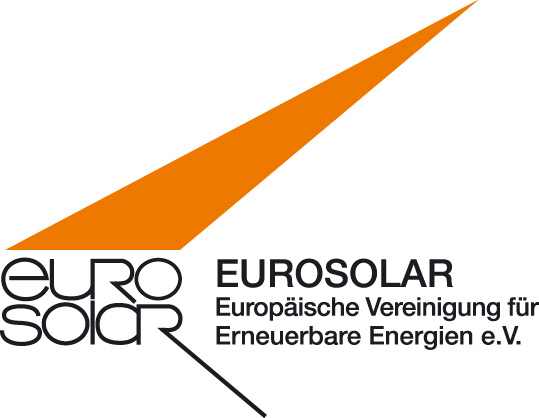The Grand Duchy of Luxembourg and the TIR Consulting Group, have been working for a whole year on different sectors in order to put in place a national strategy according to the most realistic and effective scenario possible: Energy, Mobility, Buildings, Food, Industry and Finance, were deeply analyzed in terms of opportunities, challenges and trends taking into account also links and interconnections between these different pillars.
Strategic measures for the energy sector have been summarized in 5 pillars:
1 Creation of an national energy internet
2 Increase Energy efficiency through new building renovation and mobility standards
3 Creation of a national legal framework for the promotion of renewable self-consumption
4 electrification of mobility 100% electric fleet by 2050
5 implement “Smart district” lighthouse project
Thematic and summary reports have been presented on: energy, mobility, building, food, industry, finance, economy, circular economy, prosumers and social model, which can be consulted via the link www.tirlux.lu.
In the context of the government’s objectives for energy and environment: these are presented through National Integrated Energy and Climate Plans in accordance with the Regulation (EU) 2018/1999 on the governance of the Energy Union and the Action for Energy.
The lately presented plan (2021-2030) has more ambitious goals, summarized in the table below:
|
Objectives / Measures 2030 |
|
Greenhouse gas emissions
|
|
Share of renewable energy
|
|
Energy Efficiency
|
Measures 2030. Source: Chiffres du pPNEC. (PNEC: Plans Nationaux Intégrés en Matière d’Energie et de Climat).
Because the energy transition concerns all of us the two Ministers of Environment and Energy, Mrs. Carole Diescbourg and Mr. Claude Turmes, organized a Workshop day under the theme of „Generation climate for our planet“ on the 21th of Mai 2019 in order to elaborate actions and concrete measures, and to discuss and concretize an efficient energy transition. This day will be an opportunity to involve several associations and organizations in the development and finalization of this plan.
Several press conferences are held on a regular basis in order to better inform and ensure transparency with regard to the country’s objectives and the transposition of the new directives and restrictions into the governmental program, for example:
- Conference of the 08th October 2018 (Photo 1) : held by the Minister of the Environment Carole DIESCBOURG and the Minister of Energy Claude TURMES about the new IPCC Report.
- Conference of the 07th .Mai.2019 (Photo 2) : held by the Energy Minister Claude TURMES informing about the new Grand-Ducal regulation concerning feed-Inn Tariffs.
The government has put in place many incentive tools for individuals to help them in their transition’s challenges and a national structure for energy consulting www.myenergy,lu.
Among the financial tools:
PRIMe House : is a financial aid scheme for sustainable construction to promote also renewable technologies, for example solar photovoltaic subsidies are up to 20%.
National grid electricity companies have also made environmental commitments by offering financial support, for example the naturstroum fund for renewable energies, whether for individuals, municipalities, public or school establishments, NGOs, companies, non-profit organizations or cooperatives.
With the achievement of 100 GWh in 2017 of solar energy production). Luxembourg has 8 solar cooperatives with a total of 1400 MW. The general goal to reach the 1,122 GWh in 2030 has been set by the Energy Secretary of the State. That is a factor of 10 + X according to him, compared to the year 2016.
New feed-Inn tariffs have been adopted since 2019, which allow a better profitability of solar installations:
- 16.5 Cts € / kWh for installations from 0 kW to 10kW;
- 15.5 Cts € / kWh for installations of 10kW – 30 kW;
- 14.5 Cts € / kWh for those between 30kW – 100kW;
- 14.0 Cts € / kWh for 100kW – 200kW;
- 12.5 Cts € / kWh for installations from 200kW to 500kW.
Lidia Rahal is Energy Consultant of EUROSOLAR Luxemburg. Contact: lidia.rahal@eurosolar.lu
